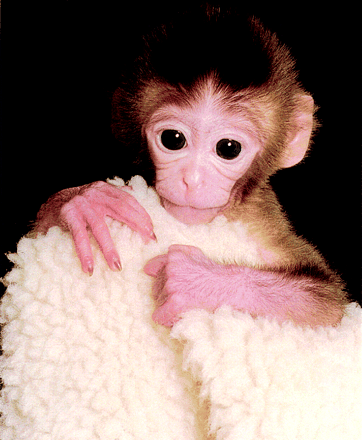
Cloning: a giant step - Independent Online Edition > Science & Tech
The scientists who carried out the latest primate work are believed to have tried to implant about 100 cloned embryos into the wombs of around 50 surrogate rhesus macaque mothers but have not yet succeeded with the birth of any cloned offspring.
However, one senior scientist involved in the study said that this may simply be down to bad luck – it took 277 attempts, for instance, to create Dolly the sheep, the first clone of an adult mammal.
The work was led by Shoukhrat Mitalipov, a Russian-born scientist at the Oregon National Primate Research Centre in Beaverton. Dr Mitalipov helped to pioneer a new way of handling primate eggs during the cloning process, which involved fusing each egg with a nucleus taken from a skin cell of an adult primate.
Dr Mitalipov said he was unable to comment on the study until it was published in the journal Nature. But he told colleagues at a scientific meeting this year that he had made two batches of stem cells from 20 cloned embryos and tests had shown they were true clones.



No comments:
Post a Comment